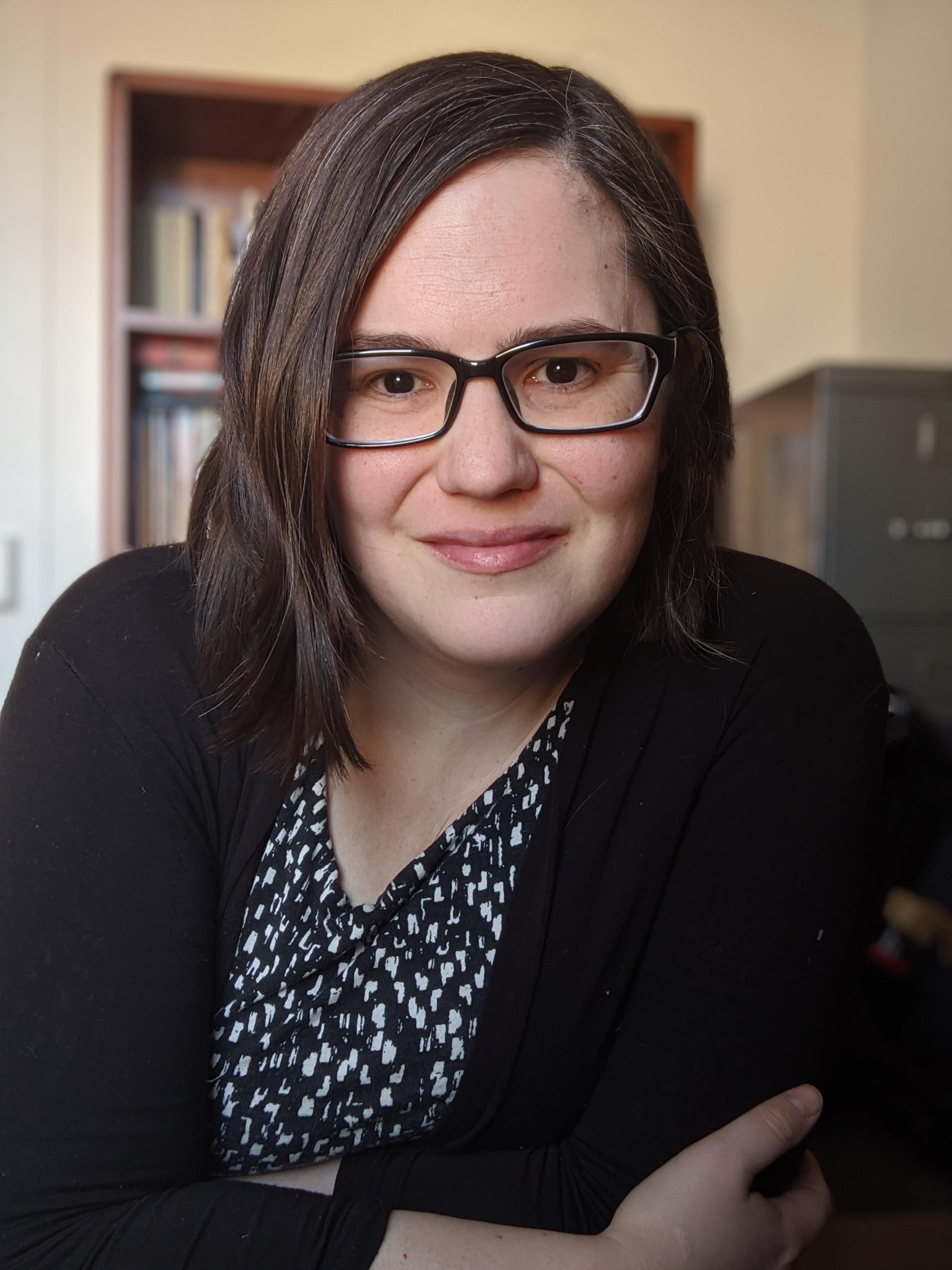I am the Associate Director of the William S. Dietrich II Institute for Writing Excellence, and Teaching Associate Professor in the Composition Program (dept of English) at the University of Pittsburgh.
The Writing Institute is the Writing Across the Curriculum and Writing in the Disciplines support body at Pitt. My role involves organizing and facilitating support programming for the writing routines of faculty and graduate students across the curriculum, including writing groups, workshops, and consultations with faculty teaching writing-intensive courses. I also facilitate professional development events for our immediate colleagues in Composition, such as syllabus workshops and other support programming.
My research involves what I call “paper programs,” genres of handwritten notebook-based information systems including the commonplace book, the bullet journal, and robust and highly systematic nonce practices of everyday writers. These systems promise for their practitioners a pedagogical training akin to cognitive, emotional, and rhetorical programming that arises not from the writer’s personal agency alone, but from a contingent and collaborative relationship with the rhetorical potential of the system itself. This work is informed by a range of interdisciplinary scholarship, including rhetorical genre theory (and rhetorical studies more broadly), poetics, material culture, computational media, textual studies, posthumanism, and affect studies. A commonplace book piece honoring the late David Bartholomae is forthcoming in READER.
My teaching is deeply invested in writing studies and providing students with the opportunity to learn about and practice real-world genres. I have taught courses in first-year writing, writing arguments, writing with style, research writing, digital media methods, and literature. As students in my composition courses tend to come from a variety of disciplines, all of my courses rely substantially on students’ own personal and intellectual investments, identity politics, and/or lived experiences and career aspirations. These interests inform not only the subjects of student projects, but course texts and examples. Students learn to investigate how their own interest interact with (and transform) genre-based work so that they can reach (or at least practice reaching) authentic audiences. Many students express interest in, and ultimately do, continue projects and lines of inquiry well beyond my courses.
This upcoming summer (2024) I aim to update my teaching site and perhaps reboot the blog — I’ve been focused on developing an “ungrading” method which feels worth sharing. Stay tuned!
{For further details, see my CV}
{When my husband and I married in 2017 we combined our last names to create a new family name. For a more complete archive of projects, works, and teaching materials, creative works published, and my old blog see the blog under my maiden name, Moriah L Purdy, at https://moriahlpurdy.com}
{This site is always under construction}
